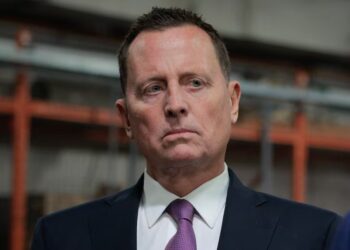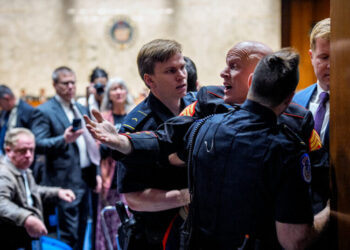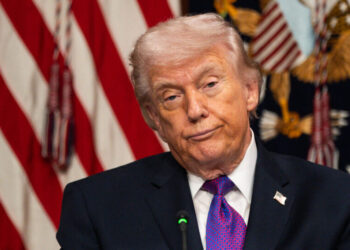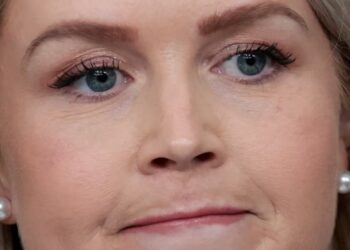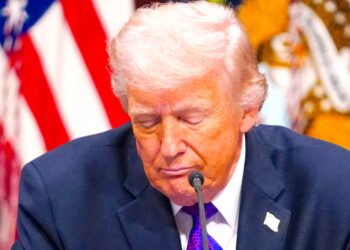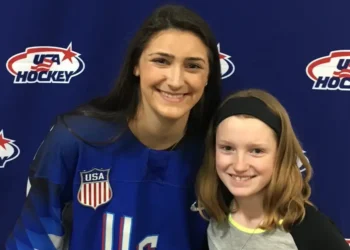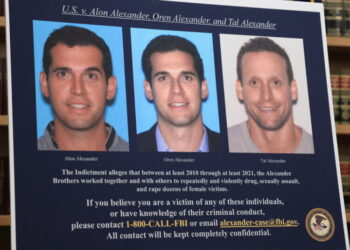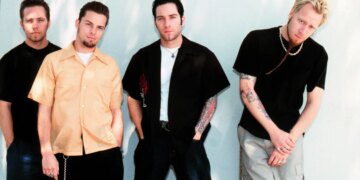The absurdity of imprisoning parents for their children’s crimes
The guilty verdict Tuesday in the murder-by-proxy trial of a father whose son is accused of killing four people in...
Trump Kennedy Center Goon Loses It at Insufficiently MAGA CBS Show
Sidelined President Donald Trump loyalist and Kennedy Center boss Richard Grenell is spending his days shouting at social media. Grenell,...
‘CBS Mornings’ Producer Bails as Trumpy Boss Seeks MAGA Host
A top CBS Mornings producer is leaving the program—a development that comes as CBS News boss Bari Weiss is reportedly...
Senator Helps Officers Forcibly Remove Protesting Veteran From Hearing
Senator Tim Sheehy, Republican of Montana, helped Capitol Police officers forcibly remove an antiwar protester from a Senate hearing on...
‘Christ is king’ becomes a loaded phrase in U.S. political debates, especially on the right
On its own, the phrase “Christ is king” sums up a core tenet of the Christian faith, that Jesus is...
States Sue to Stop Trump From Reviving Steep Tariffs
A coalition of two dozen states sued President Trump on Thursday over the new 10 percent tariff that he has...
CNN Anchor Rips Karoline Leavitt After She Raged at Network Star
A CNN anchor tore President Donald Trump’s press secretary to shreds after she lost it at his colleague over media...
Murdoch Paper Explains How We Know Trump’s Going to Suffer at the Midterms
The Rupert Murdoch-owned Wall Street Journal has warned Donald Trump that this week’s primary elections spell doom for the Republican...
Fortnite’s Biggest Leaker Was Secretly an Epic Games Producer – Now He’s Being Sued
Epic Games is suing a major Fortnite leaker after revealing they were an Associate Producer with the company. According to...
I’ve spent 15 years as a hockey mom watching my daughter chase her dreams. Seeing the women’s Olympic team skip the White House visit left me conflicted.
I'm glad that my daughter can look up to the women on the US team. Courtesy of Katy M. ClarkMy...

